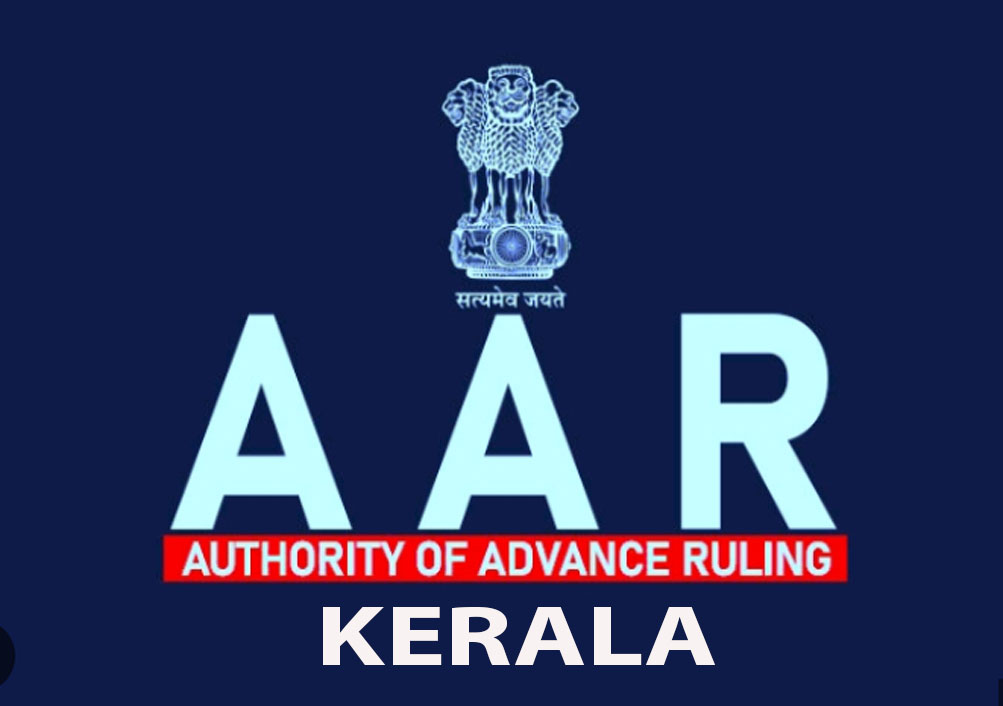In Advance Ruling No. KER/12/2021 -AAR- Netting off receivables between different GSTINs of the same company is valid mode of payment, rules AAR (Kerala)
Members Dr. S.L. Sreeparvathy & Abraham Renn S. [03-04-2023]

Read Order: In Re: M/s. Malabar Gold Private Limited
Chahat Varma
New Delhi, July 26, 2023: The Kerala bench of the Authority for Advance Rulings (AAR) has ruled that M/s. Malabar Gold Private Limited (applicant) can make payments to vendors through netting off of receivables between different GSTINs of the same company or with payables of suppliers.
The applicant, was a flagship company of the Malabar group, engaged in the retail and wholesale of jewellery. It transferred gold bars to jewel makers for making ornaments and purchased ornaments from them. The jewel makers charged making charges in addition to the transaction value of the ornaments sold to the applicant. The applicant offset the value of the gold bars given to them against the purchase of ornaments through book adjustments, ultimately paying only the value of the making charges. On certain occasions, the sale of a gold bar was made by one GSTIN of the company, while the purchase of ornaments was made by another GSTIN within the same company. The applicant had sought an advance ruling on whether the netting off of receivables between different GSTINs of the same company, or the netting off of receivables with payables of suppliers, would be considered as payment to the vendor and meet the compliance requirements of Section 16(4) of the Central Goods and Services Tax Act (CGST Act). The applicant had also questioned whether such adjustments would trigger any type of supply between the two GSTINs.
The AAR emphasized that according to the definition of 'consideration', any form of payment, including the reduction of a debt liability, should be regarded as valid consideration for a supply. It was further noted that the provisions of the CGST Act, specifically Explanation 2 to sub-section (2) and clause (b) of sub-section (3) of Section 12, and Explanation (ii) to sub-section (2) and clause (a) of sub-section (3) of Section 13, recognized the entry in the books of accounts of the supplier/recipient as a mode of payment under GST law. Therefore, the reduction of a debt liability through book adjustments would be considered as a valid form of payment, making the recipient eligible for input tax credit.
Based on the combined reading of the provisions and the definition of consideration in Section 2 (31) of the CGST Act, the AAR concluded that settling mutual debts through book adjustments, such as netting off receivables between different GSTINs of the same company or netting off receivables with payables of suppliers, was considered a valid mode of payment of consideration for the receipt of goods and/or services. This method of payment satisfied the requirement of the second proviso to sub-section (2) of Section 16 of the CGST Act.
The AAR also held that the arrangement of settlement of dues or payment of consideration for goods and/or services received by one GSTIN from another GSTIN within the same company, or the payment of consideration by the Head Office for goods and/or services received by different branches with different GSTINs, did not fall within the scope of supply as defined in Section 7 of the CGST Act. Therefore, such transactions do not attract GST liability.
Sign up for our weekly newsletter to stay up to date on our product, events featured blog, special offer and all of the exciting things that take place here at Legitquest.




Add a Comment